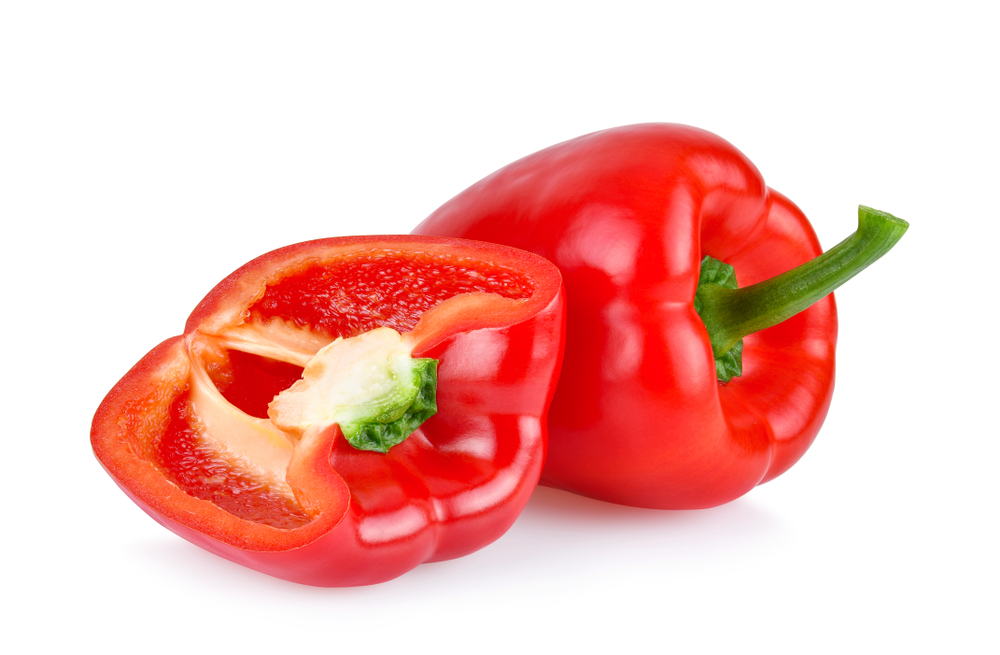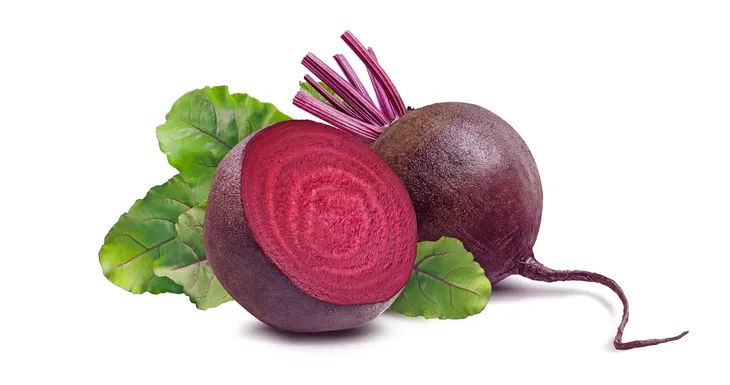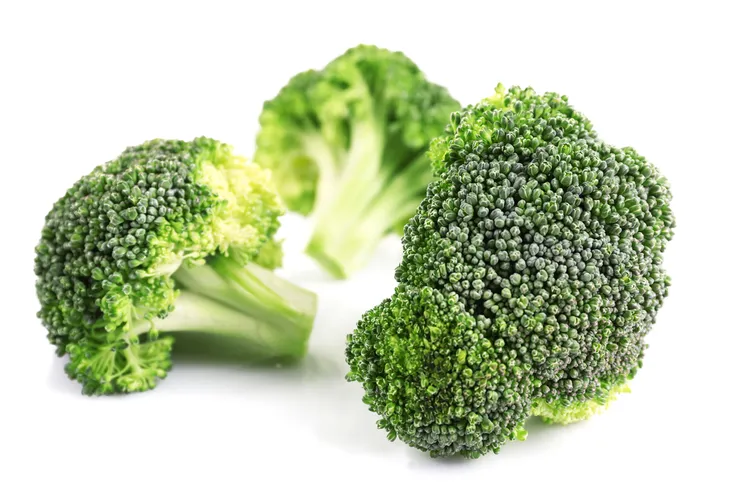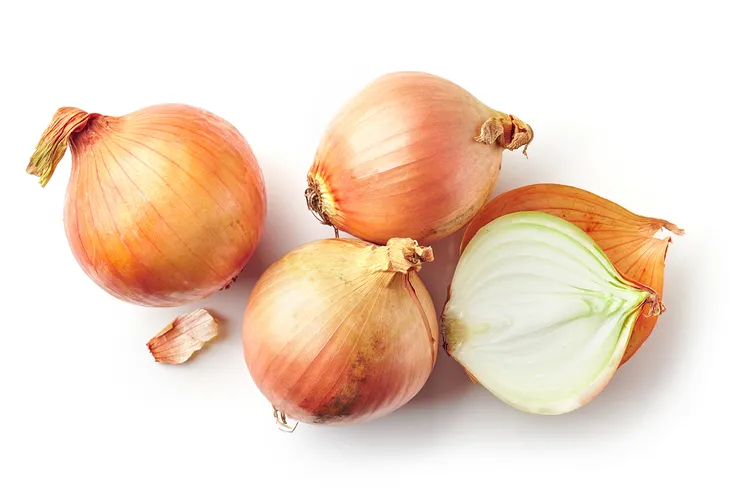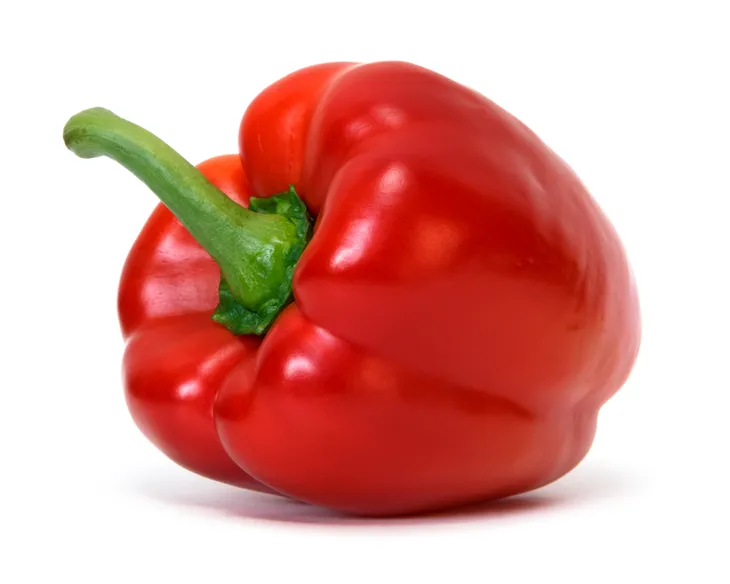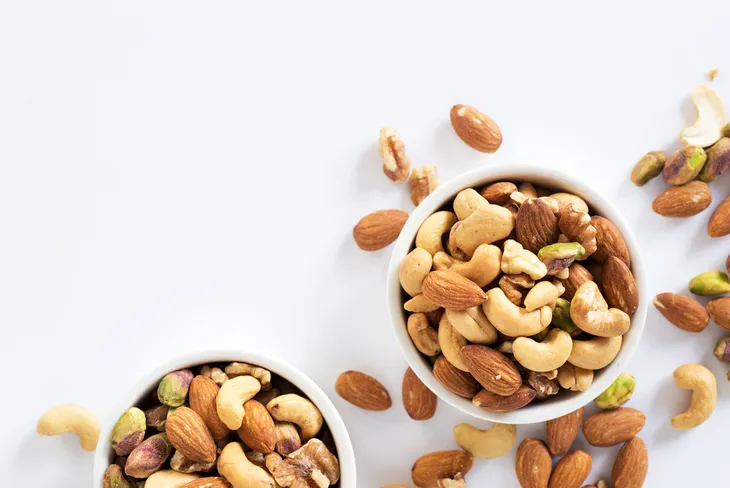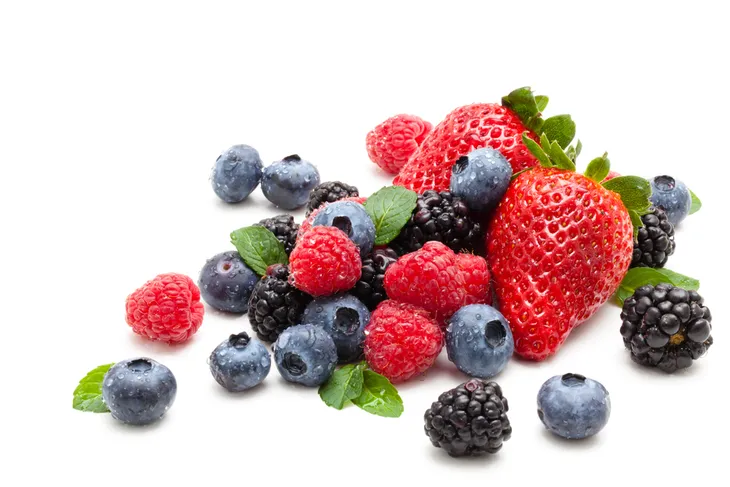If someone asked you to name your favorite food, chances are you’d reply with something—like cake, steak, or French fries—that requires at least some cooking. But there are actually a number of foods that are much healthier when eaten raw.
In fact, a number of food items lose important nutrients when they go through the cooking process—that means baking, boiling, steaming, grilling, roasting or some other kind of preparation that involves applying heat. So, which foods should you strongly consider eating raw?
Beets
There are many reasons to eat beets, whether they’re cooked or eaten raw: they contain lots of fiber, vitamin C, potassium, manganese, vitamin B folate, and more. Eating beets has been shown to help improve the immune system, keep stamina high, prevent inflammation, and lower blood pressure.
But here’s the thing: when you cook beets, you lose about a quarter of their folate, which can help keep our bodies healthy and is particularly helpful in the development of unborn children. That’s why you should consider adding raw beets to your meals – try them in a salad or slice them up and enjoy with a low-fat dip.
Broccoli
Eat your broccoli! Chances are you’ve heard that before, and chances are the broccoli in question was boiled, sautéed, or roasted. There are lots of reasons to eat broccoli, which contains vitamin C, calcium, potassium, even protein.
But there are also lots of reasons to eat broccoli raw. Studies have shown that eating it raw allows our bodies to more rapidly absorb its best nutrients, like sulforaphane – a compound that has been shown to help in the fight against cancer and can actually lower blood pressure.
Onions
Onions may not be all that delicious on their own, but they are key supporting actors in the drama that is cuisine. And they’re super-healthy for you too, packing a phytonutrient called allicin that can help lower hunger, prevent cancer, improve heart health, and even cut high blood pressure.
Here’s the thing, though: you’ll absorb far more of this impressive phytonutrient if you eat your onions raw. So, the next time you’re making a salad or sandwich, through some raw onions on there alongside your lettuce and tomato.
Red Peppers
When most people are asked to name a fruit or vegetable that’s high in vitamin C, they typically name oranges, or perhaps other citrus fruits. Rarely do we think of peppers—even though research has shown that red peppers contain just as much vitamin C as oranges, lemons, or limes. (Red peppers are also high in vitamin B6, vitamin E, and magnesium.)
Unfortunately, cooking red peppers for more than just a few minutes will cause their vitamin C properties to deteriorate. So, slice up some raw peppers and enjoy them with some low-fat dip.
Nuts
Nuts like cashews, almonds, pecans, peanuts, hazelnuts, pine nuts, and walnuts catch a lot of flak because they’re high in calories and fat. But they’re also full of essential fats that can lower cholesterol, prevent the formation of blood clots, and keep your arteries clear. Nuts are also an excellent source of protein.
That said; nuts are a lot better for you when they’re raw. Once they’re roasted, nuts lose some of their iron and magnesium. It’s also wise to avoid eating nuts after they’ve been covered with salt and oil.
Berries
Trail mix, which usually contains dried fruit and a mixture of nuts, is rapidly becoming one of the more popular snack options. Packing all kinds of healthy fat and protein, it’s a great way to keep full while on the go.
Unfortunately, this isn’t the best way to eat your berries. That’s because drying berries removes their water content, meaning they’re less likely to leave us feeling full and satisfied. It can also eliminate valuable vitamin and mineral components that make berries so healthy to begin with.
Coconut
Because it’s so frequently added to unhealthy desserts (from cake to pie and cupcakes) it’s easy to forget that coconut, when eaten on its own and without added sugar, is actually very healthy. In fact, research has shown that coconut water contains healthy nutrients not found in regular water, while coconut flesh possesses healthy fats that have been shown to help our hearts and brains.
So, give raw coconut a try and skip the chocolate bars, candies and other high-fat desserts that add a little coconut.
Garlic
Garlic is synonymous with delicious Italian cooking, whether it’s being added to pasta or meatballs. But it’s not just known for its flavour—garlic is also very nutritious, and has been shown to contain high levels of allicin, manganese, vitamin B6, vitamin C, selenium, and fiber.
But you may not know that garlic is even healthier when eaten raw. In fact, a study published in the National Post shows that eating raw garlic two or three times a week can lower one’s risk of developing lung cancer. So, the next time you’re making a salad or sandwich, consider throwing some raw garlic in there.
